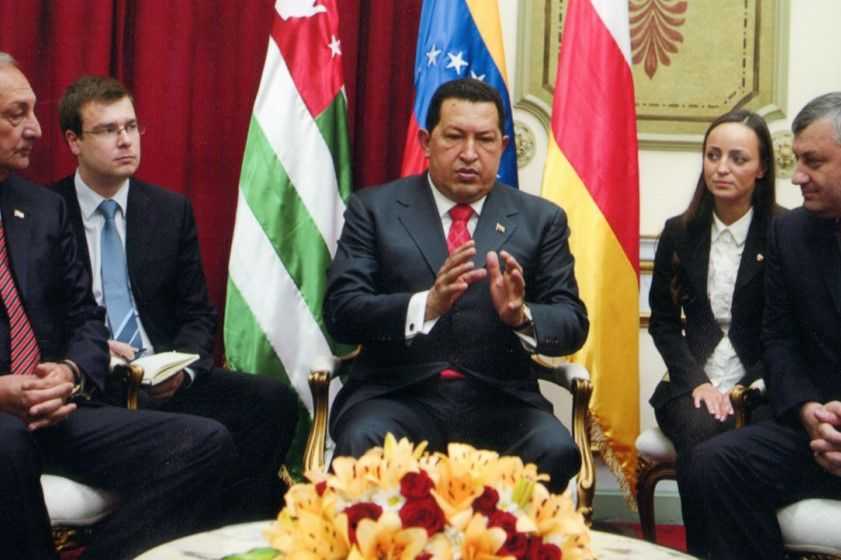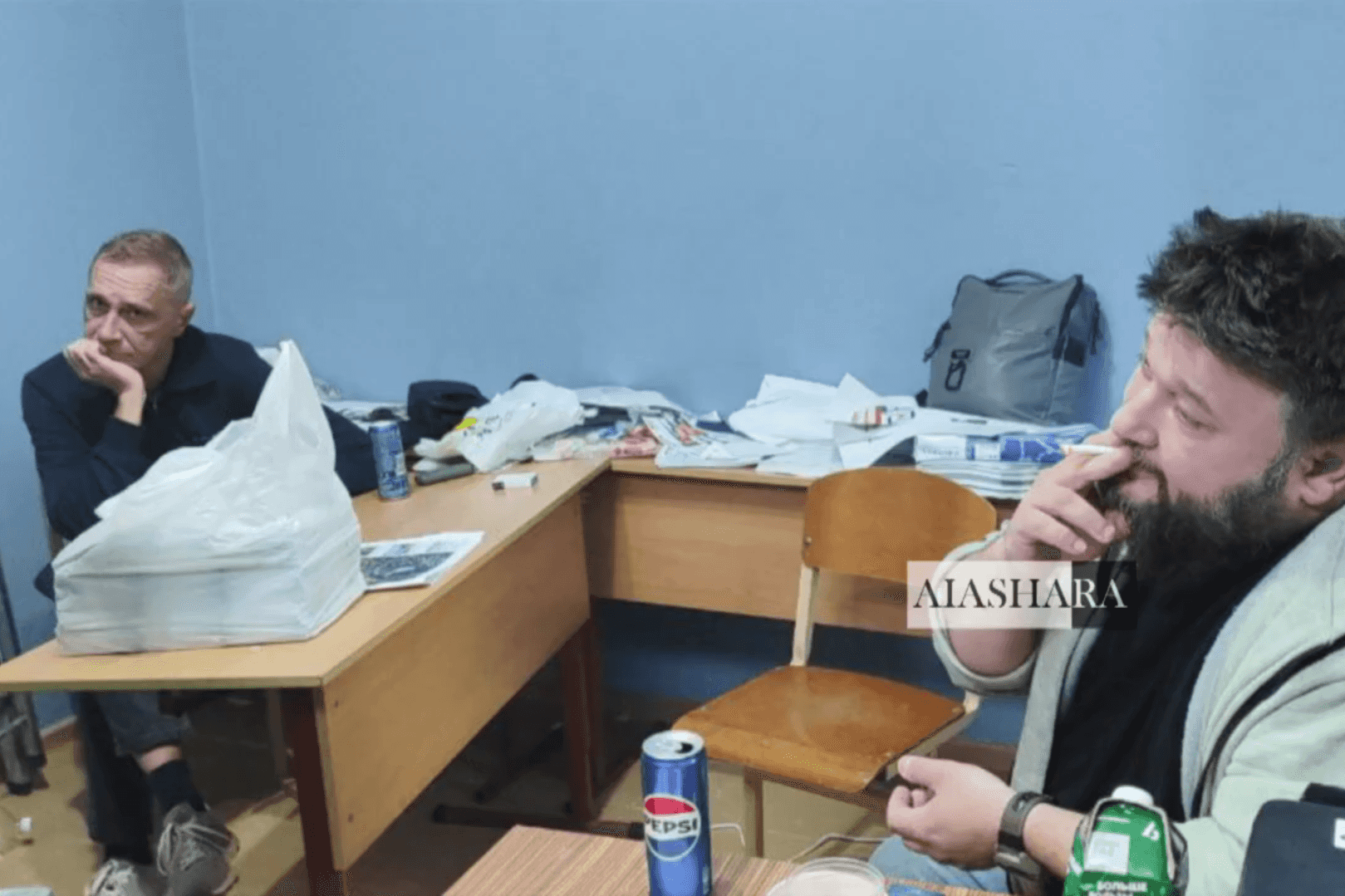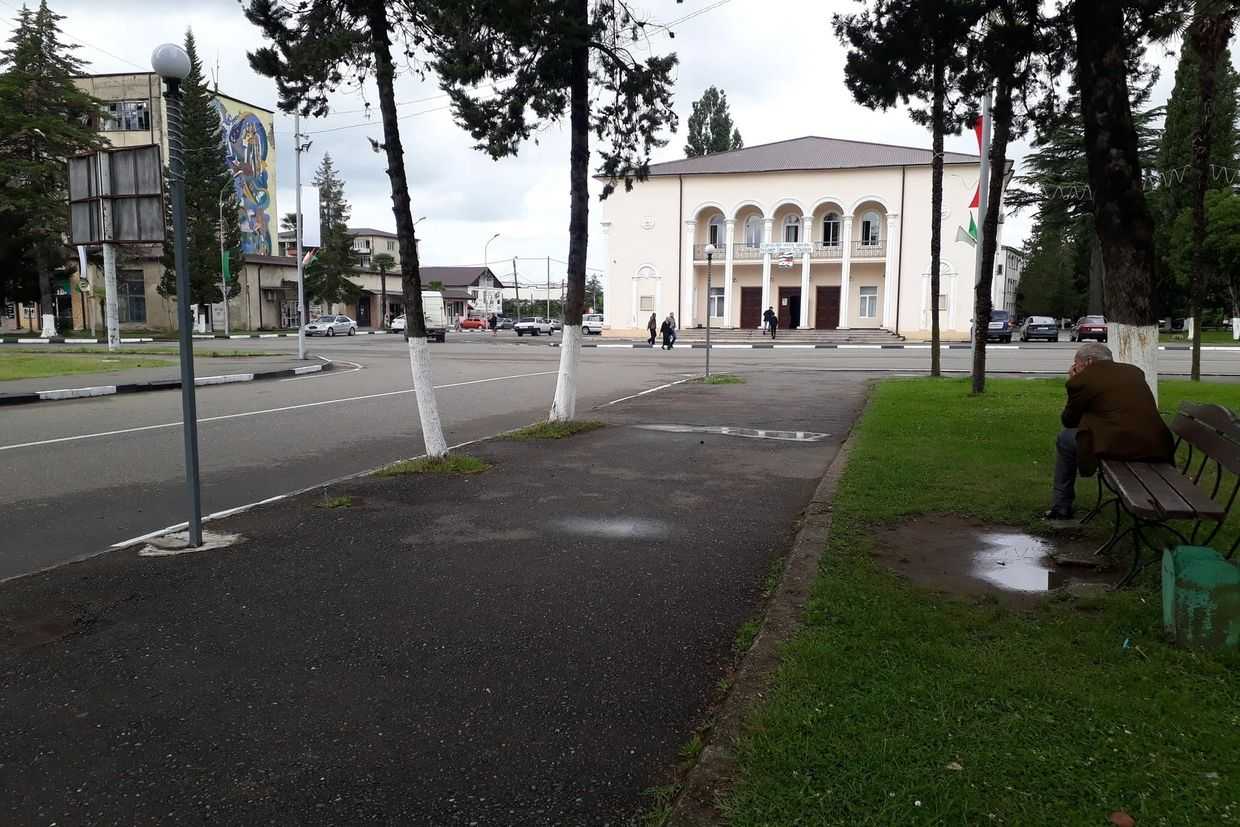
Voters in Abkhazia taking part in Russia’s State Duma elections were offered money in exchange for their votes, OC Media can reveal.
OC Media spoke with a number of local residents who said they were offered ₽1,000 ($14) in exchange for their votes.
A large proportion of residents of Abkhazia hold Russian citizenship, making them eligible to vote in Russian elections.
Under Russia’s electoral system, half of MPs are elected under a proportional system while the other half are elected to single-member constituencies using the first past the post system. Residents of Abkhazia were eligible to vote for candidates from four constituencies throughout Russia, depending on where in Abkhazia they voted.
‘For the first time, I was offered money to vote’, Natalya (not her real name), who spoke on condition of anonymity, told OC Media. ‘But it was a miss for them. I am not a citizen of Russia, although my last name is Russian. This is probably why my husband’s acquaintance decided to offer to buy my vote in the elections’.
Natalya said she was offered ₽1,000 to vote for, Yuriy Grigoriev, a candidate for the pro-Kremlin A Just Russia Party in the Dauria Constituency, in Russia’s Far Eastern Federal District. She said she was instructed to take a photo of the ballot with a tick next to Grigoriev’s name and to send it via Whatsapp along with her passport details.
Natalya’s friend, Lyudmila (not her real name), was also offered money for her vote.
‘I wouldn’t vote for United Russia [the ruling party] for anything, let alone ₽1,000’, Lyudmila told OC Media. She said she supported the opposition, so she made sure not to miss the elections, but voted for a candidate from the liberal opposition Yabloko party.
Others, like Alexandra (not her real name), were offered money simply to go to the polling station. Alexandra was not asked to send a photo of her ballot paper, but to provide only her passport details in exchange for ₽1,000.
‘I am not interested in politics, and I do not want to waste time queuing at the ballot box’, Alexandra said, ‘Moreover, in the morning a friend said that there was [a crowd at the nearest polling station]. There is a pandemic, so I have no desire to be around people, especially for only ₽1,000.’
‘Maybe pensioners can be lured to the elections this way, but not young people. This is not a [sum of money] for which even people with no principles will waste their weekend to stand in queues’.
Another woman, Vera (not her real name), said that a man attempted to bribe her while she was on the train from Moscow to Sukhum (Sukhumi).
‘No sooner had we exchanged pleasantries than Andrei, as this guy introduced himself, began to ask if I was going to take part in the elections, because the future of my child depends on it’, recalled Vera.
‘I replied that maybe if the polling station was close to my home … Then Andrei asked me to write down his phone number, and that if I went to the polling station, to send him a photo of my ballot and my passport.’
‘I didn’t go anywhere, and deleted his phone number’, said Vera.
Russians went to the polls from 17–19 September in three days of voting for the State Duma, the lower house of parliament. Preliminary results from the Central Election Commission give President Vladimir Putin’s United Russia Party a sweeping victory. However, the elections have been mired by widespread allegations of fraud.
As of Monday afternoon, around 13,000 Russian citizens had voted in polling stations throughout Abkhazia.
The chair of the precinct election commission, Maxim Litvinov, said that the turnout was high, and that the elections were being held in a ‘calm atmosphere’.
‘The polling station opened on schedule at 08:00. Immediately, from the moment we opened, we had a high turnout, people come and come, and it seems that every hour there are more and more.’
‘Everything is going smoothly’, Litvinov said.
The primary geographic terms used in this article are those of the author’s. For ease of reading, we choose not to use qualifiers such as ‘de facto’, ‘unrecognised’, or ‘partially recognised’ when discussing institutions or political positions within Abkhazia, Nagorno-Karabakh, and South Ossetia. This does not imply a position on their status.








